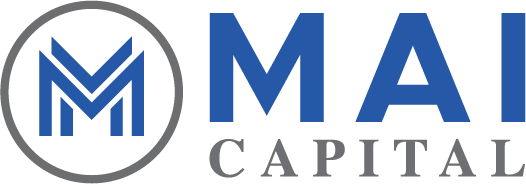The Small Business Administration (SBA) 7a loan program is a great option for businesses looking to access working capital. It provides small business owners the funding they need to cover everything from daily operations, payroll and inventory costs, equipment purchases, and real estate investments. With competitive interest rates, flexible repayment terms, and no collateral requirements, SBA 7a loans are one of today’s most attractive financing options.
Qualifying for an SBA 7a Loan
First, it’s important to understand that to qualify for an SBA 7a loan, businesses must meet certain requirements set by the Small Business Administration (SBA). These criteria include having a sound business plan, sufficient working capital, a credit history that meets the SBA’s standards, and other specific criteria. Depending on the size of your business and the amount of funding you’re seeking, additional documentation may be required to prove eligibility for an SBA 7a loan.
Once all the necessary documents have been submitted and approved, businesses can begin to access the funding they need. SBA 7a loans can be used for a variety of working capital needs, including equipment purchases, real estate investment, and operational costs. The SBA does place a cap on how much can be borrowed for each type of loan; however, businesses may qualify for additional funds if needed.
The Benefits of SBA 7a Loans
In addition to the amount of funding that businesses can access through SBA 7a loans, there are also several benefits to this type of financing. For starters, SBA 7a loans offer competitive interest rates with flexible repayment terms. Businesses also do not need to provide collateral for these types of loans, which makes them an attractive choice for those who don’t have a lot of assets to put up as security.
Finally, SBA 7a loans also offer some additional benefits that can help businesses reduce costs and manage their finance more effectively. For example, the SBA may waive certain fees associated with the loan, such as origination or closing costs. Additionally, businesses can sometimes qualify for discounted rates on their loans or other incentives that can help reduce their overall borrowing costs.
By leveraging the SBA 7a loan program, businesses can access the funds they need to cover a variety of working capital needs. From operational costs and equipment purchases to real estate investments, SBA 7a loans offer competitive interest rates and flexible repayment terms with no collateral requirements. It’s important to understand what documentation is needed and who qualifies for these types of loans, so businesses can decide how best to meet their financial goals. Contact MAI Capital today to get an SBA 7a loan for your small business.






